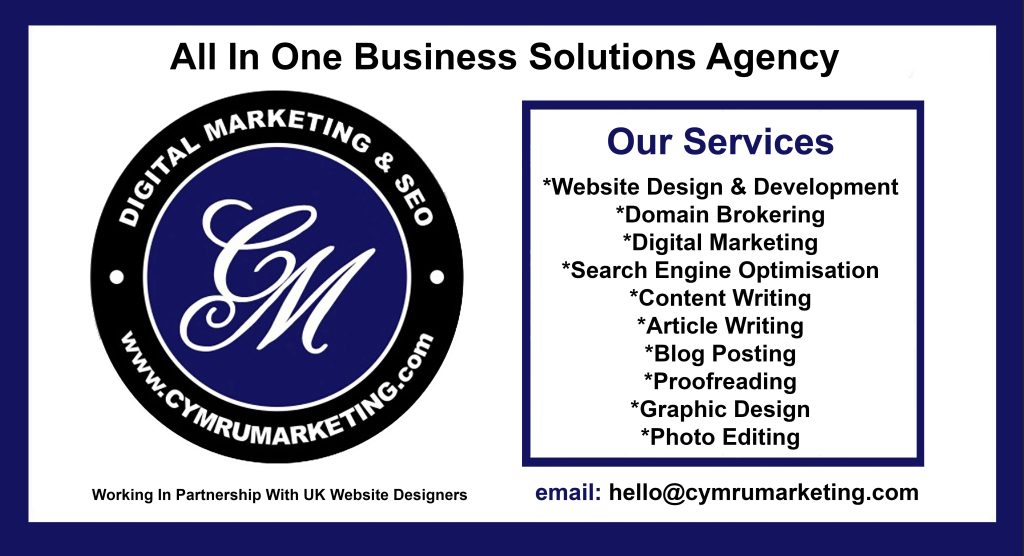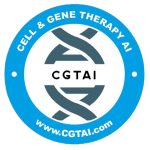
Gene Therapy Start-Up Generation Bio
Country: USA | Funding: $460.4M
Generation Bio is a biotechnology company developing a breakthrough class of genetic medicines to enable a new generation of people unaffected by inherited diseases. The company’s therapies are based on its proprietary GeneWave technology, which delivers durable, high levels of gene expression and can be re-dosed to titrate to effect and sustain impact over a lifetime.
Home – Generation Bio
Who Are Generation Bio?
Gene therapy is a rapidly evolving field that aims to treat and cure genetic diseases by modifying a patient’s genes. The development of gene therapies is a complex and challenging process, but recent advances in technology and scientific understanding have made this field more promising than ever before. One company that is making significant strides in the field of gene therapy is Generation Bio.
Generation Bio is a Cambridge-based biotech start-up that was founded in 2016. The company’s mission is to develop breakthrough gene therapies that can address a broad range of genetic diseases. The team at Generation Bio is made up of experts in gene therapy, genetics, and molecular biology, and they are focused on developing innovative solutions to some of the most challenging medical conditions.
One of the key differentiators of Generation Bio is their proprietary technology platform called “closed-ended DNA” (ceDNA). This technology allows the company to deliver large and complex genes directly into a patient’s cells without triggering an immune response. This is a significant advantage over traditional gene therapy approaches that rely on viral vectors to deliver genes, which can cause an immune response and limit the effectiveness of the therapy.
Generation Bio’s ceDNA technology also enables the company to target specific tissues in the body, which is critical for treating genetic diseases that affect a particular organ or tissue. This precision targeting can improve the safety and efficacy of gene therapies and reduce the risk of side effects.
The company’s lead program is focused on developing gene therapy for hemophilia, a genetic disorder that affects the body’s ability to form blood clots. The current standard of care for hemophilia is regular infusions of clotting factor proteins, which can be costly and inconvenient for patients. Generation Bio’s gene therapy aims to provide a long-lasting solution by delivering the clotting factor gene directly into a patient’s liver cells.
In addition to its hemophilia program, Generation Bio is also working on gene therapies for other genetic diseases, including phenylketonuria (PKU), a rare metabolic disorder that can cause intellectual disability and other serious health problems. The company is also exploring gene therapies for rare genetic diseases that affect the liver, lung, and muscle tissues.
Generation Bio has already attracted significant investment from leading biotech companies and venture capital firms, including Takeda Pharmaceuticals, Atlas Venture, and Fidelity Management & Research Company. The company raised $110 million in its initial public offering (IPO) in June 2020, which will help fund its ongoing research and development efforts.
Overall, Generation Bio is an exciting new player in the field of gene therapy, with a promising technology platform and a strong pipeline of programs targeting a range of genetic diseases. With continued investment and scientific progress, gene therapy has the potential to transform the lives of millions of patients around the world, and companies like Generation Bio are at the forefront of this exciting new field.
How Does Generation Bio Market it’s business?
As a biotech startup focused on developing gene therapies, Generation Bio primarily markets its business to potential investors, strategic partners, and the scientific community.
Generation Bio has a strong online presence, with an informative website that highlights its technology platform, the pipeline of programs, and the leadership team. The website also provides updates on the company’s progress and recent news releases. The company actively engages with its followers on social media platforms such as Twitter, LinkedIn, and Facebook to share updates and interact with potential partners and investors.
Generation Bio also attends industry conferences and events to showcase its technology and pipeline of programs. These events provide opportunities for the company to network with potential investors, strategic partners, and key opinion leaders in the scientific community.
In addition, Generation Bio has established collaborations with other biotech companies and academic institutions to advance their gene therapy programs. These collaborations provide a platform for the company to showcase its technology and expertise, and to build relationships with potential partners.
Overall, Generation Bio markets its business through a variety of channels, including its online presence, participation in industry events, collaborations, and engagement with potential partners and investors. As a relatively new player in the gene therapy space, the company is focused on building awareness and establishing itself as a leader in the field through strategic marketing and communications efforts.
ADVERTISEMENT
If you found this article insightful and would like similar content written for your business, just drop us a line using the button below:

#gererationbio #genetherapy #cellteraphy #cellandtherapyai #cgtai #biotechnology #biotechnologymarketing #biotechnologywriting #cgtaiwriting




















